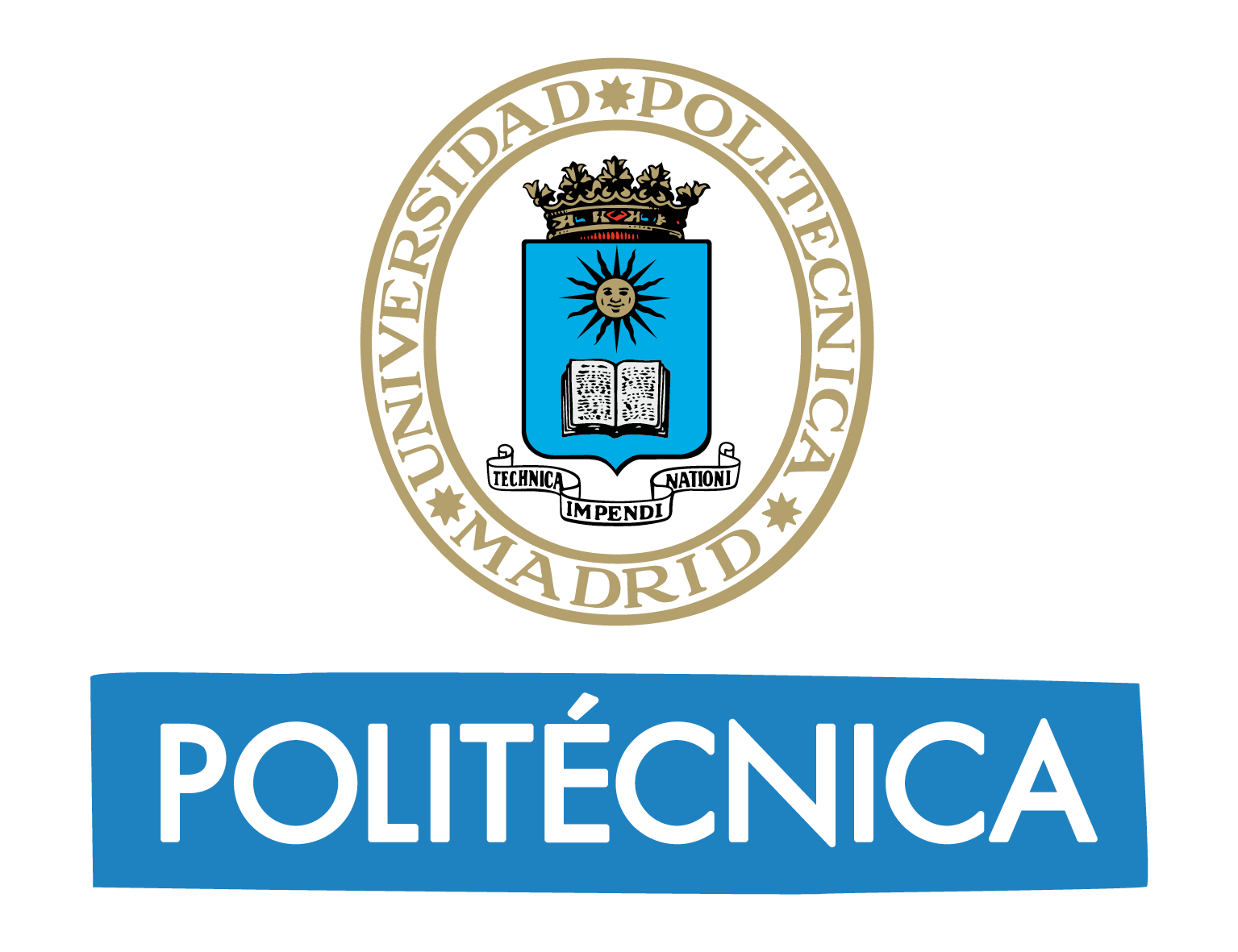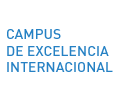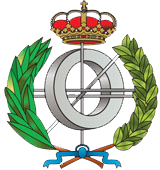Objectives
Objectives
The overall objective of the PhD in Software, Systems, and Computing Programme is to train researchers who are capable of carrying out independent and original research to expand the frontiers of knowledge and join or lead multidisciplinary teams to address both scientific and technological challenges that require a high level of specialization in the field of computer science.
The objectives of the PhD in Software, Systems, and Computing Programme are as follows:
- To understand the procedures, value, and limits of the scientific method in the field of computer science, as well as to identify, locate and collect the required research data, to design and guide analytical modeling and experimental research and to critically evaluate data to draw conclusions.
- To understand the current state of the art regarding issues related to the design, construction, use and evaluation of computationally intensive systems, identifying new research lines and proposing new solutions.
- To acquire advanced scientific knowledge in the computer science field that would enable students to generate new ideas within a research line in this area.
- To learn about the problems and relevant research methods within the computer science field.
Competences
To achieve these objectives, the PhD in Software, Systems, and Computing Programme will ensure that all its graduates acquire the skills required by RD 99/2011, as well as programme-specific skills, including: , as well as programme-specific competences, including:
-
Basic Competences
- CB11.- Systematic understanding of a field of study and mastery of the research skills and methods related to this field.
- CB12.- Ability to conceive, design, implement and adapt a substantial research or creation process.
- CB13.- Ability to contribute to broadening the frontiers of knowledge by developing original research.
- CB14.- Ability to critically analyze, evaluate and summarize new and complex ideas.
- CB15.- Ability to communicate their areas of knowledge to the academic and scientific community and society as a whole in the usual manner and language used in their international scientific community.
- CB16.- Ability to promote scientific, technological, social, artistic and cultural advancement within academic and professional contexts in a knowledge-based society.
-
Abilities and Personal Competences
- CA01.- Deal with contexts in which there is little specific information.
- CA02.- Find the key questions to be answered in order to solve a complex problem.
- CA03.- Design, create, develop and undertake new and innovative projects in their field of knowledge.
- CA04.- Work, both individually and as a team, in an international and multidisciplinary context.
- CA05.- Integrate knowledge, confront complexity and make judgments with limited information.
- CA06.- Intellectually criticize and defend solutions.
-
PSCC Specific Competences
- CE1.- Acquisition of essential knowledge of research- and technology-transfer funding mechanisms, as well as existing legislation related to data protection in conducting research and legal protection over the results within the field of computer science.


